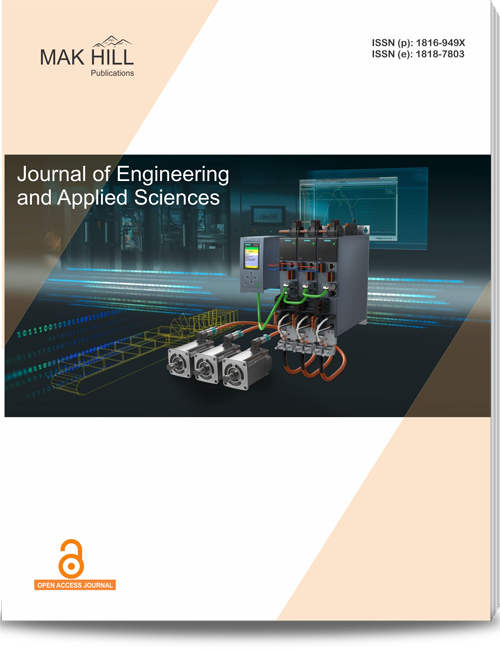
Journal of Engineering and Applied Sciences
ISSN: Online 1818-7803ISSN: Print 1816-949x
Abstract
The task of validation of software development is quite complex and crucial one for developing appropriate, efficient and robust software. The complexities in development of software and of its validation arise because of various factors including the large number of stakeholders, types of software and applications, paradigms and models and methodologies and frameworks employed for its development. Also, for proper validation, software characteristics viz. functionality, reliability, robustness and integrity need to be considered. In view of the fact of the task being quite complex, it is desirable that processes for validation be systematic and be automated as far as possible. Also, validation is directly related to requirements, some of which may change even till the final delivery. Thus, the proposed framework should be desirably flexible. In this communication, a formal framework is proposed which semi-automates the task of validation, etc. by helping in locating or proposing an appropriate validation method or procedure and the framework is flexible enough to incorporate changes with minimum efforts. The framework assumes LISP-like environment and uses single Abstract Data Type (ADT), viz. the list (or recursive list). The ADT is also basic program construct having the advantage that even programs may be treated as data and can be given as inputs including for modification, to any other program or to itself.
How to cite this article:
Meenakshi Sridhar and Nasib Singh Gill. Formal Framework for Semi-Automation of Validation of Software and its
Metrics and of Development of Relevant Knowledge-Base.
DOI: https://doi.org/10.36478/jeasci.2020.252.260
URL: https://www.makhillpublications.co/view-article/1816-949x/jeasci.2020.252.260